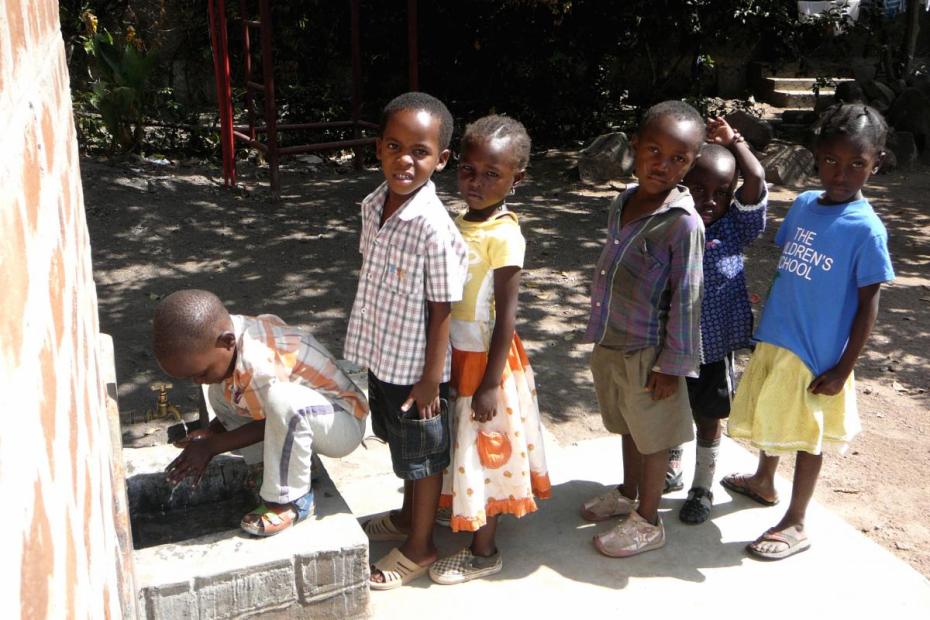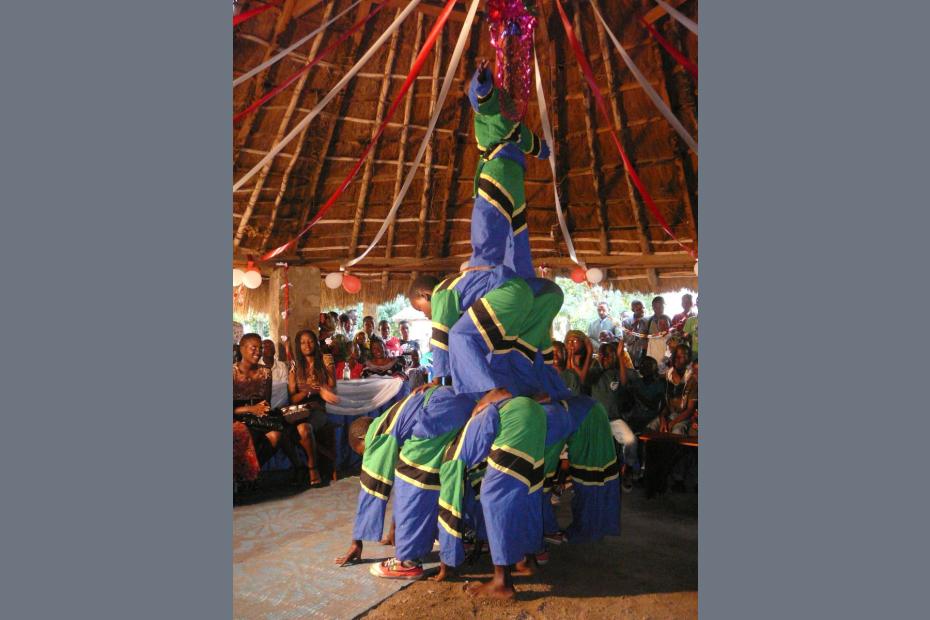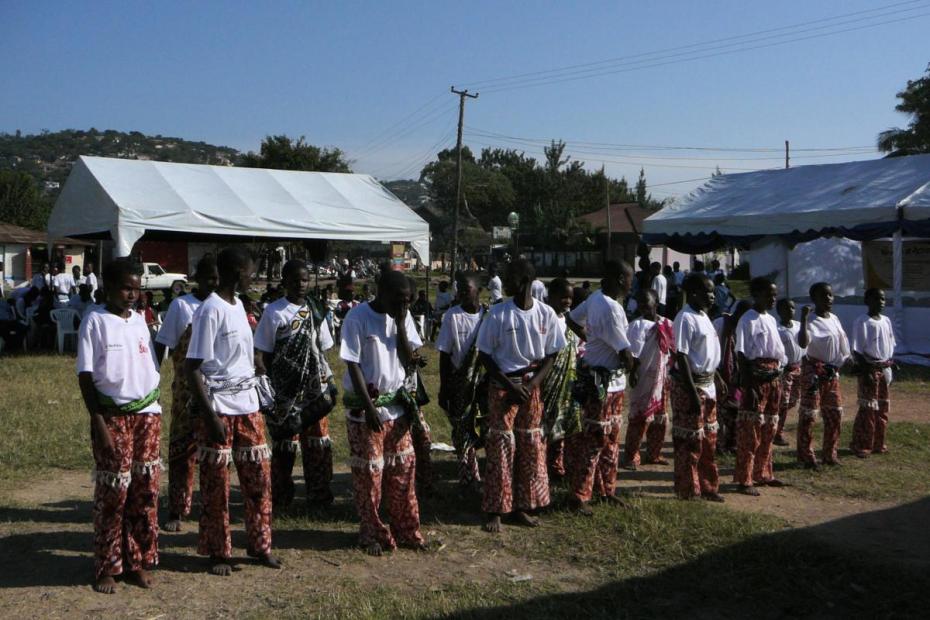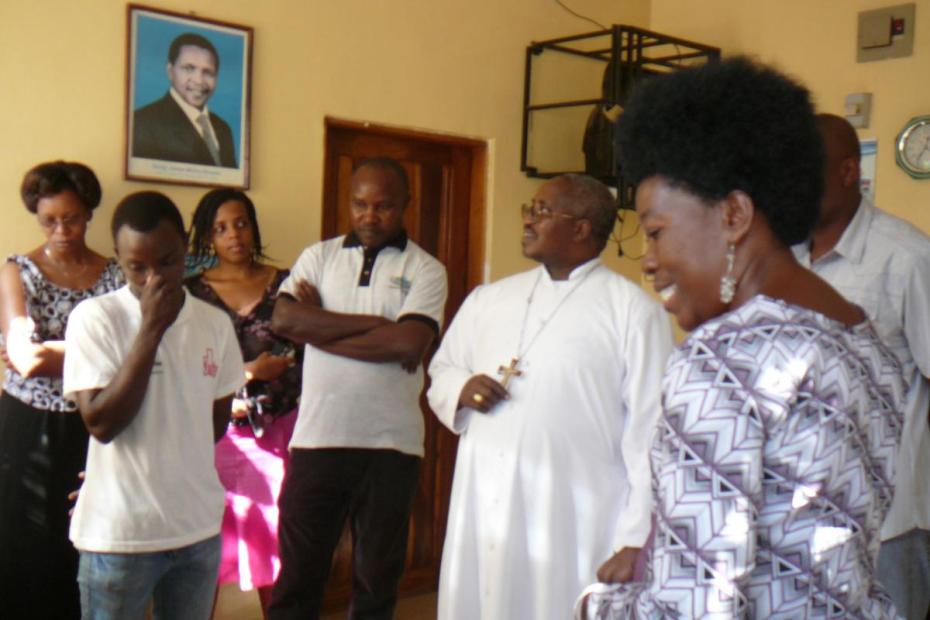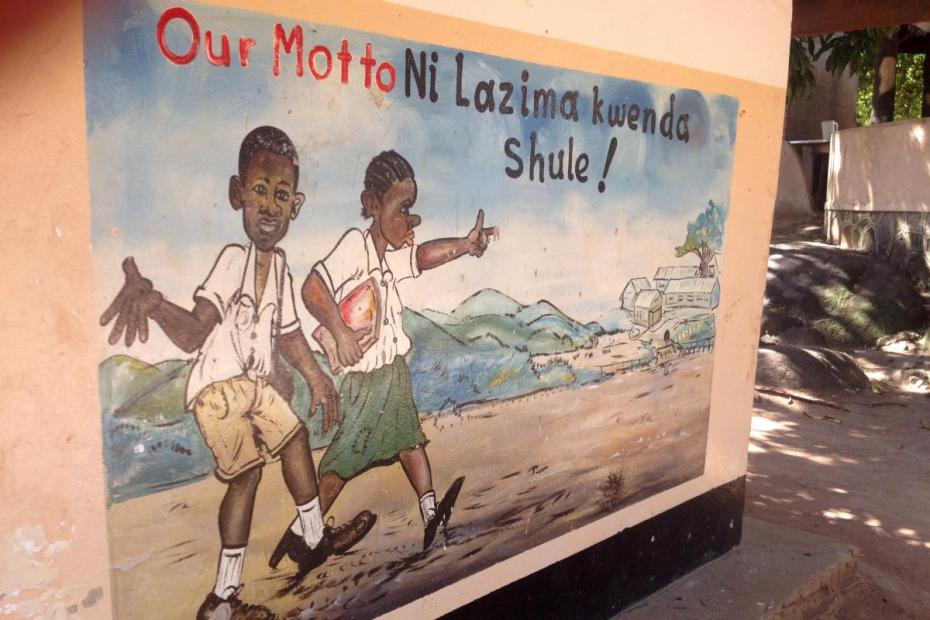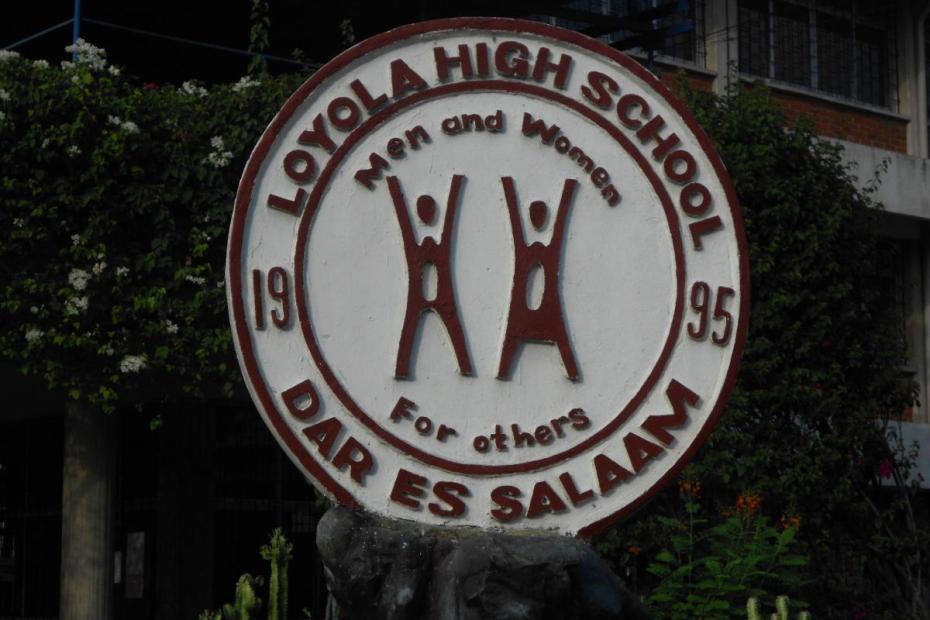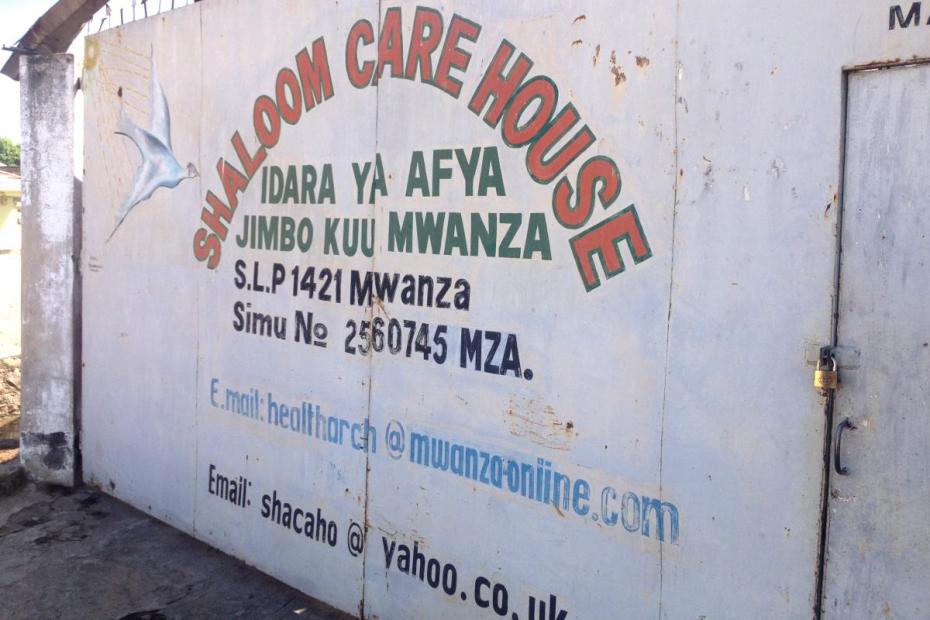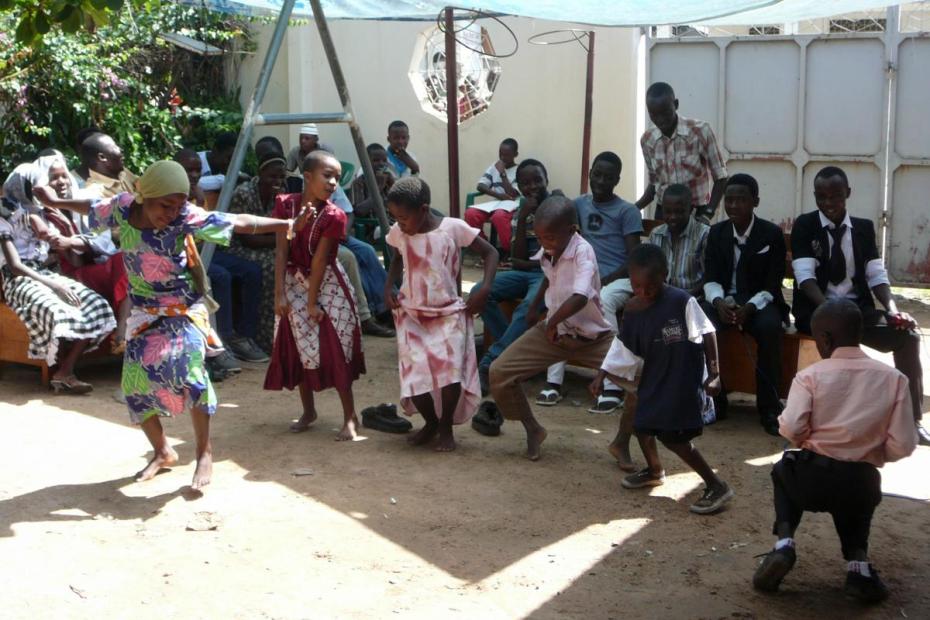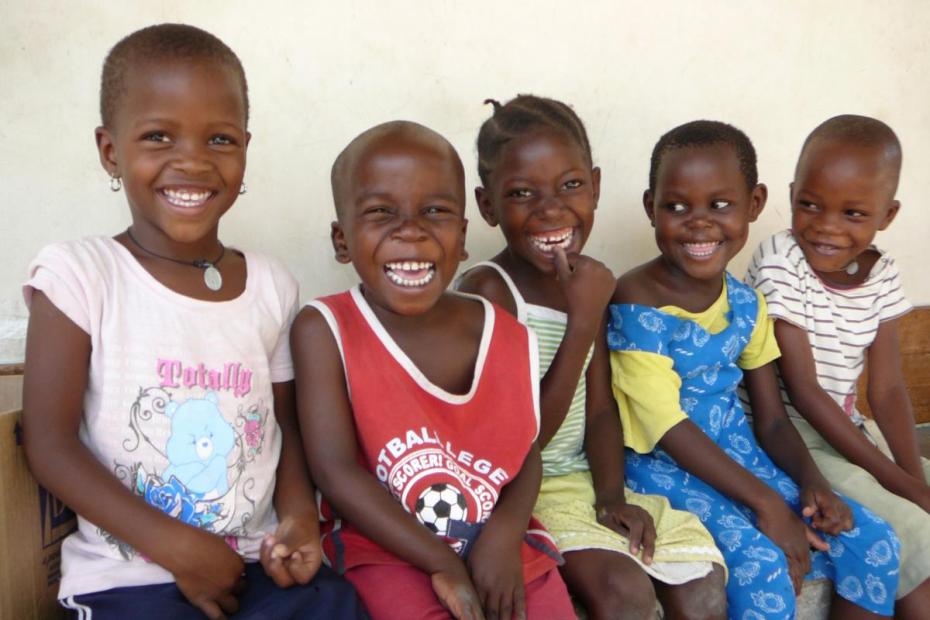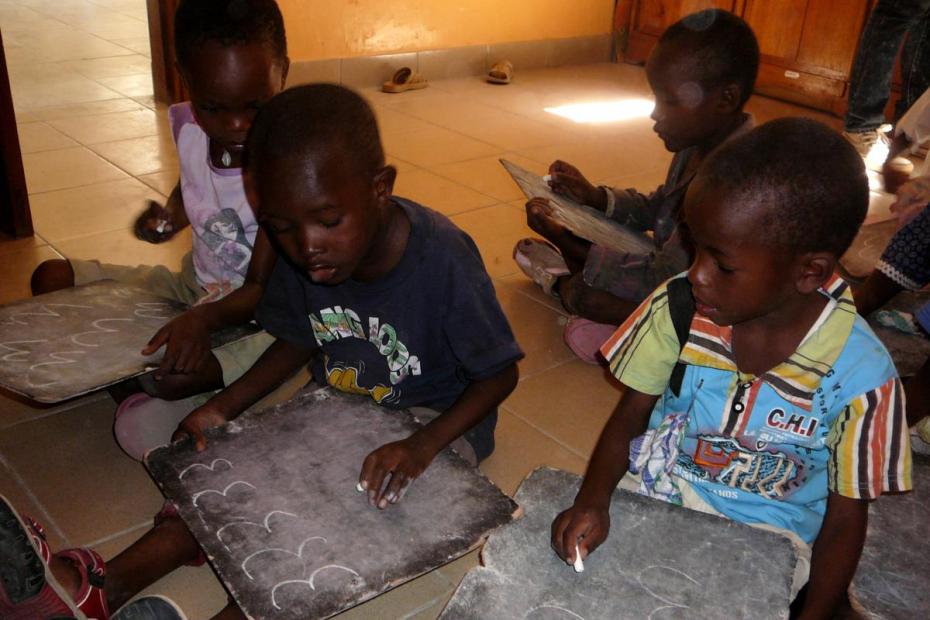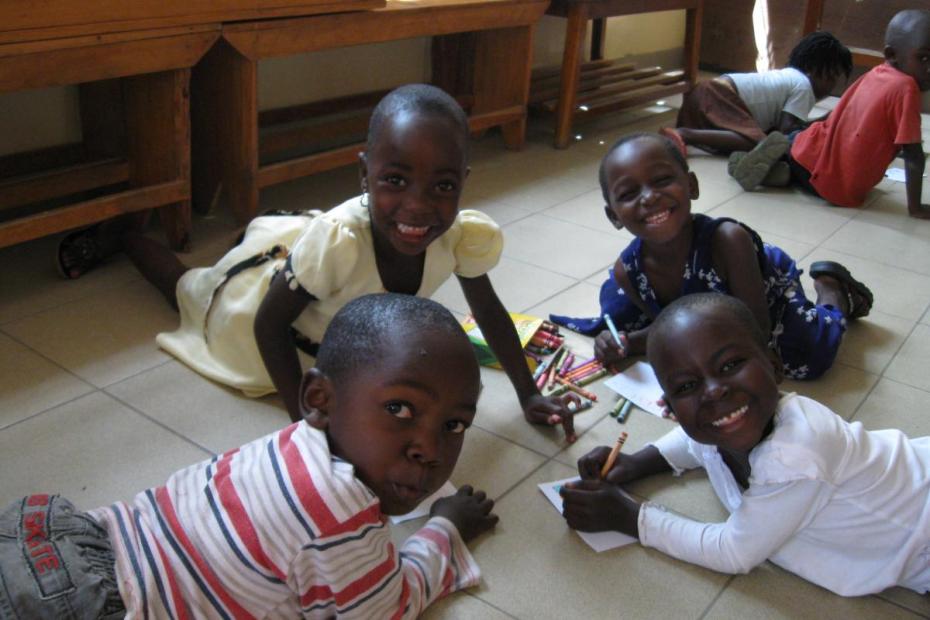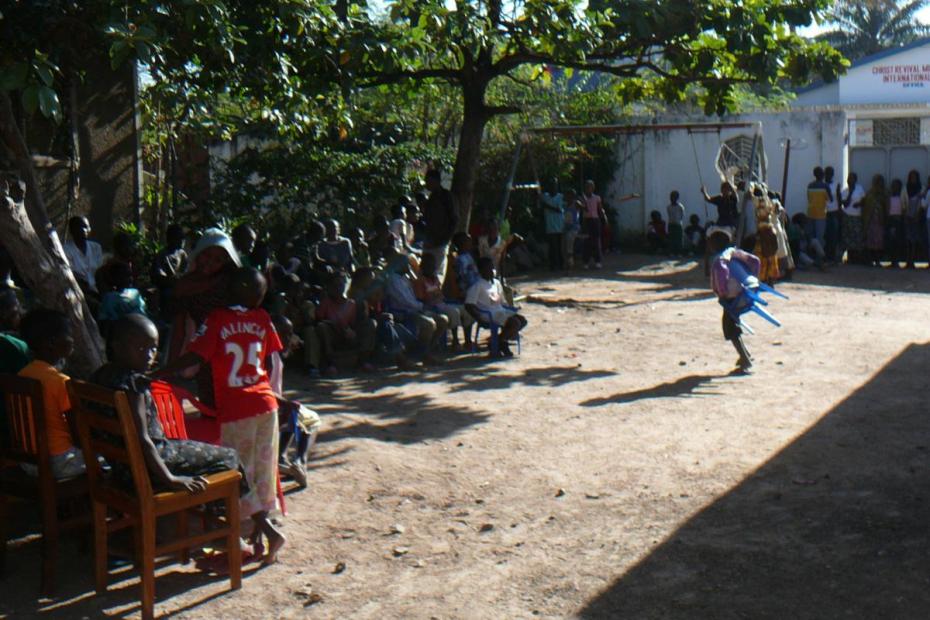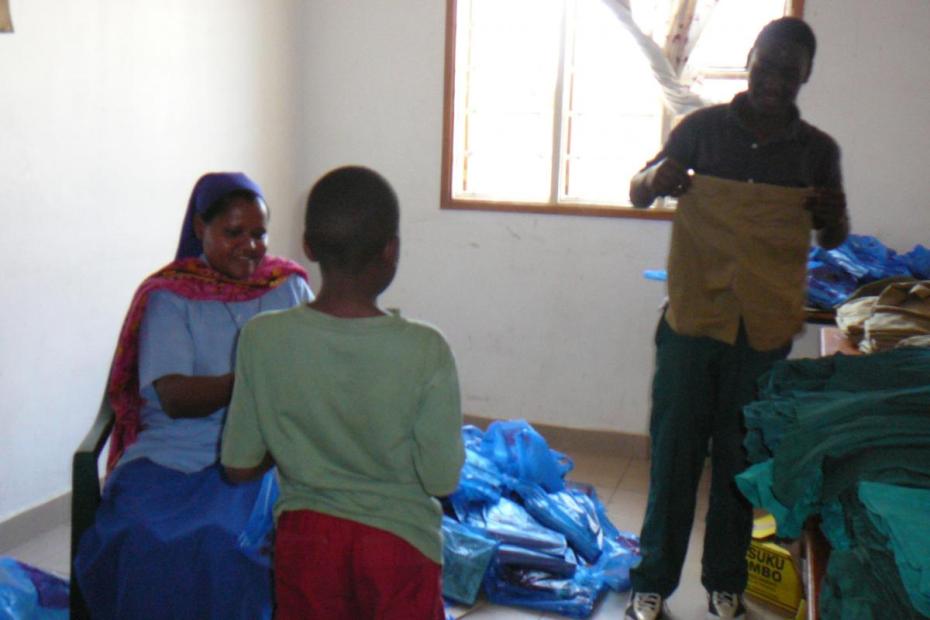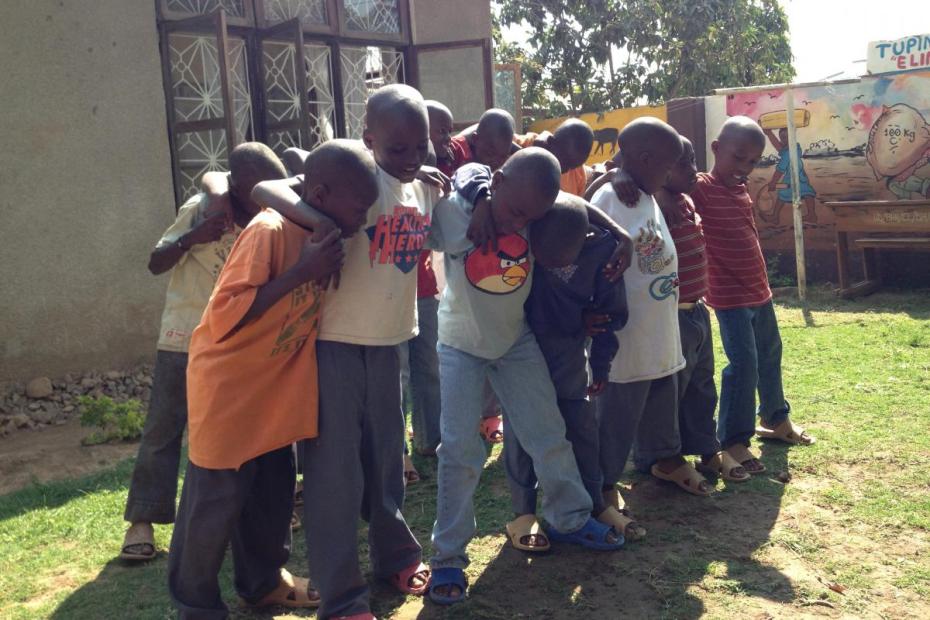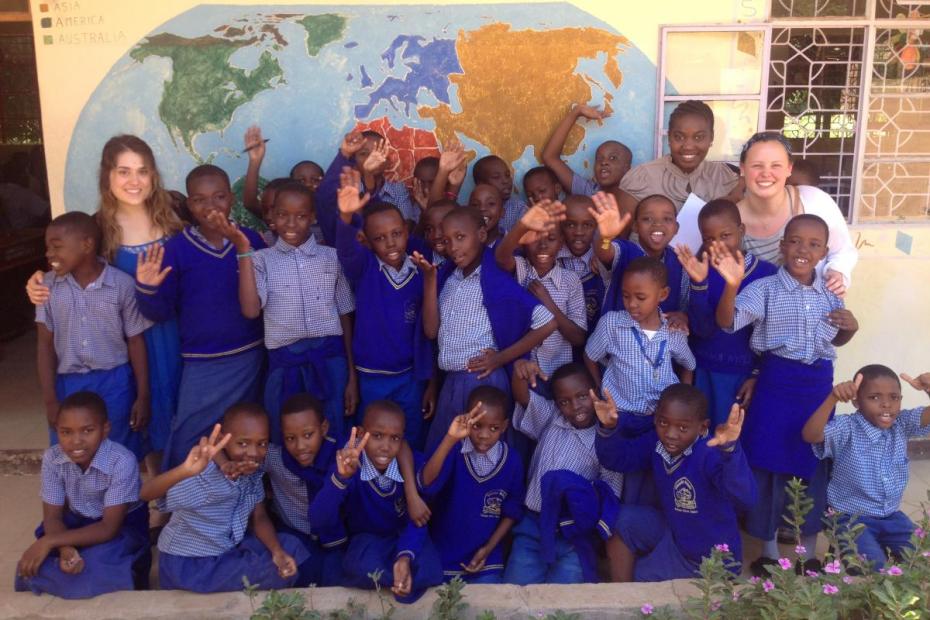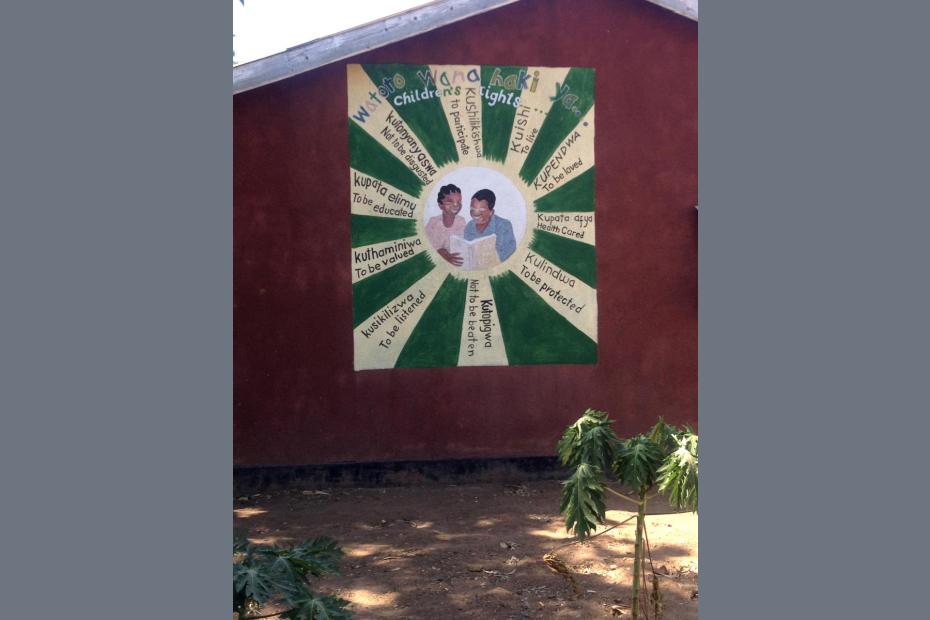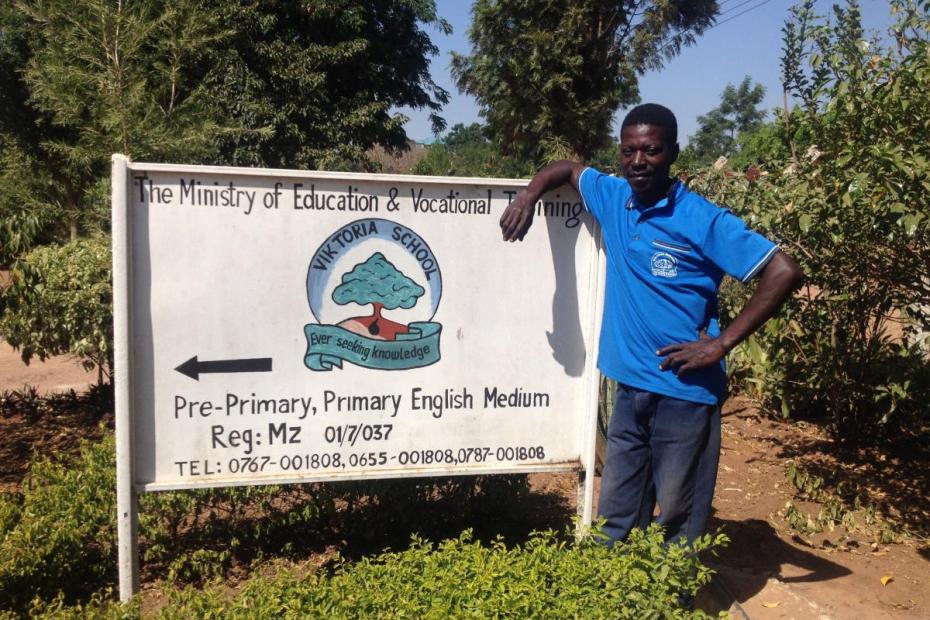As in much of Africa, the Tanzanian Catholic Church plays an outsized role in providing educational, medical and social services. Catholic secondary schools such as Loyola High School in Dar es Salaam and Loretto Girls Secondary School in Mwanza are amongst the best in the nation. In 1998, the Catholic bishops launched St. Augustine’s University Tanzania (SAUT), a network of Catholic higher education facilities. SAUT’s main campus in Mwanza offers particular strengths in business and tourism, although student achievement and job placement remains decidedly mixed.
Small, church-run dispensary clinics dot rural towns and urban slums across the country while development organizations like Catholic Relief Services and Caritas provide various forms of help to these same areas. The Catholic Church also runs large establishments such as the 900-bed Bugando Medical Centre in Mwanza. Catholic NGOs like the Mwanza-based “Shaloom Care House” also take a leading role in providing HIV/AIDs related testing and treatment along with social services such as educational support for infected families. Often these ministries operate without formal church funding, and Catholic ministries have been critiqued for not doing more to prevent the spread of HIV.
A new style of Catholic humanitarian missionary work is also making a big impact on social provision in Mwanza. Johanna Sele-Rutagindwa, a native of Lichtenstein and longtime resident of Tanzania, has worked with local leaders to start transformative grassroots initiatives such as Viktoria Primary School and Lubango Center for women and children. Located in the poor Mwanza slum of Nyashana, Lubango runs a kindergarten and offers women a chance to learn small income-generating trades that they can use to support themselves and their families.
Other Catholic-affiliated street ministries were begun by expatriates but are today primarily run by local Tanzanians. Two such examples are Upendo Daima (unconditional love) and the Lulu Project (pearl project). These ministries provide extensive support for street boys and vulnerable teenage women, respectively. The lay missionaries from various countries that began these projects worked closely with Tanzanians to develop the programming and then worked to train local men and women to eventually lead the organization.
Read more
Agbonkhianmeghe E. Orobator, From Crisis to Kairos: The Mission of the Church in the Time of HIV/AIDS, Refugees and Poverty (Nairobi: Paulines Publications, 2005).
